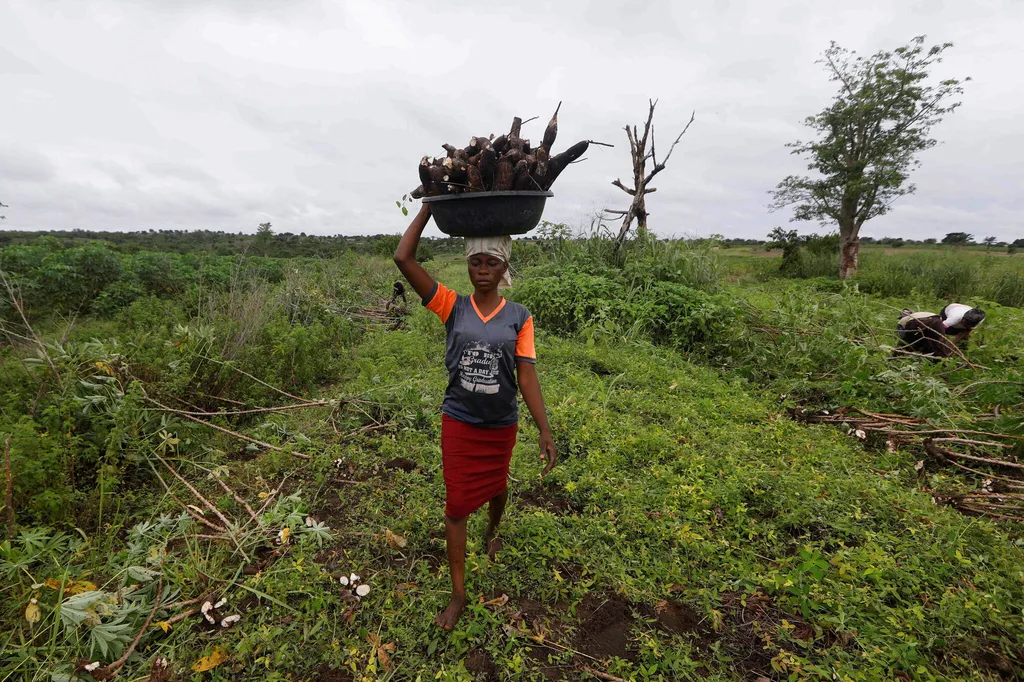In the heart of North Africa, a treasure trove of endemic plants has long been overlooked, but a recent study is shedding light on their potential to revolutionize the food industry. Led by Hesham R. El-Seedi from the Department of Chemistry at Menoufia University, the research published in the *Beni-Suef University Journal of Basic and Applied Sciences* (translated from Arabic as *Journal of Basic and Applied Sciences from Beni-Suef University*) offers a compelling case for integrating these native plants into global food systems.
The study, which synthesized data from numerous scientific databases up to 2025, highlights the untapped nutritional and health benefits of these plants. “North Africa’s endemic flora represents a largely unexplored reservoir of biodiversity that could address contemporary food security challenges,” El-Seedi explained. By leveraging advanced analytical techniques like LC–MS/MS and GC-FID, the research provides a robust quality and safety assessment of these plants, paving the way for their commercial applications.
One of the most exciting aspects of this research is its potential to diversify diets and promote sustainable agricultural practices. “These plants are not just a fallback; they are a forward-looking solution,” El-Seedi noted. Their adaptability to various culinary uses—from traditional dishes to modern recipes—makes them a versatile ingredient for both local and international markets. This could lead to new product lines in the food industry, from functional foods to novel ingredients, thereby creating economic opportunities for local communities and fostering regional food security.
The study also underscores the importance of collaboration between researchers, policymakers, and the private sector. By working together, stakeholders can unlock the full potential of these endemic plants, ensuring their sustainable cultivation and integration into global food systems. This collaborative approach could lead to innovative agricultural practices that are both environmentally friendly and economically viable.
As the world grapples with climate change and environmental degradation, the insights from this research offer a glimmer of hope. By harnessing the power of North Africa’s endemic plants, we can build a more resilient and sustainable food future. The study serves as a call to action, urging stakeholders to invest in research and development to fully realize the benefits of these natural resources.
In the words of El-Seedi, “The time to act is now. These plants are not just a resource; they are a legacy that we must preserve and utilize for the benefit of future generations.” As we look to the future, the integration of these endemic plants into the food industry could redefine our approach to food security, sustainability, and culinary innovation.

